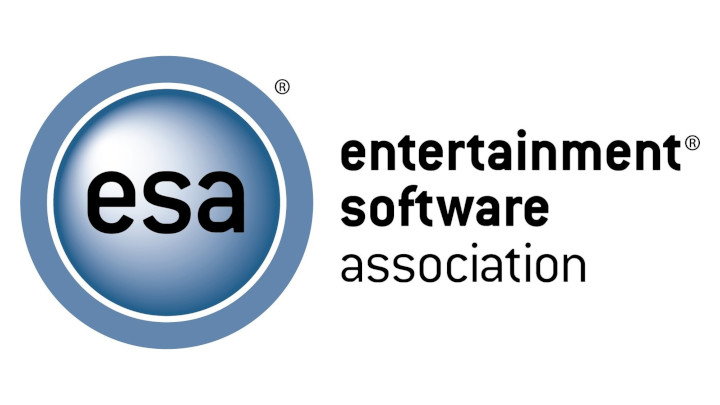Industry Wants to Remove Gaming Disorder From IDC-11
In response to the World Health Organisation's decision to classify gaming addiction as a disease, the American ESA, in agreement with several other institutions, issued a statement calling for the withdrawal of the controversial decision.

- The gaming industry opposes the inclusion of gaming disorders in the International Classification of Diseases;
- They believe that there are no studies to prove that this is a real disease;
- They urge the World Health Organisation to change its decision before it is implemented (which is due to happen on January 1 2022).
The American Entertainment Software Association (ESA) has issued a statement in which it urges the World Health Organization (WHO) to change its position on the inclusion of gaming disorders in the International Classification of Diseases IDC-11. The text, apart from the American institution, has been signed by the Canadian organization ESAC, the European federation ISFE, the British UKIE, the Australian-New Zealand IGEA and the South Korean K-GAMES.
The video game industry argues that the decision to include any new case in the International Classification of Diseases should be based on regular, comprehensive and transparent analyses supported by independent experts. According to ESA, none of the studies conducted so far have proven the existence of the alleged gaming disorders described by the World Health Organisation.
ESA points out that the inclusion of fictional diseases in the International Classification of Diseases has many dangers. Patients who are diagnosed with a gaming disorder will be treated for a non-existent condition, while their real illness, not treated properly, will continue to develop.
ESA stresses in its statement the importance of video games. Games, which many associate only with thoughtless entertainment, can help treat many disorders - from learning difficulties in children to Alzheimer's disease in the elderly. The interactive entertainment industry plays an important role in the development of new technologies, such as augmented reality, VR or artificial intelligence. The video game industry does not ignore the problems associated with gaming. Consoles have long had parental control options. There are also many initiatives to educate players about responsible use of the medium.
IDC-11 is to come into force on January 1, 2022. After that date, all WHO members will have to introduce a new classification and adapt to the definitions in the document. Video game industry representatives want the final version of the 11th International Classification of Diseases to contain no controversial reference to gaming disorders.
ESA was established in 1994 as the Interactive Digital Software Association (IDSA). The current name of the organization was officially adopted in 2003. Among the members of the American association are Activision Blizzard, Bandai Namco, Bethesda, Capcom, Electronic Arts, Epic Games, Microsoft, Nintendo, Nvidia, Sony Interactive Entertainment, Square Enix, Take-Two Interactive, Tencent, Ubisoft, Warner Bros. Interactive Entertainment and many other publishers. ESA is also the organiser of the annual Electronic Entertainment Expo (E3) in Los Angeles.
- Entertainment Software Association official website
- World Health Organisation official website
- International Classification of Diseases IDC-11
0
Latest News
- End of remote work and 60 hours a week. Demo of Naughty Dog's new game was born amid a crunch atmosphere
- She's the new Lara Croft, but she still lives in fear. Trauma after Perfect Dark changed the actress' approach to the industry
- „A lot has become lost in translation.” Swen Vincke suggests that the scandal surrounding Divinity is a big misunderstanding
- Stuck in development limbo for years, ARK 2 is now planned for 2028
- Few people know about it, but it's an RPG mixing Dark Souls and NieR that has received excellent reviews on Steam, and its first DLC will be released soon

